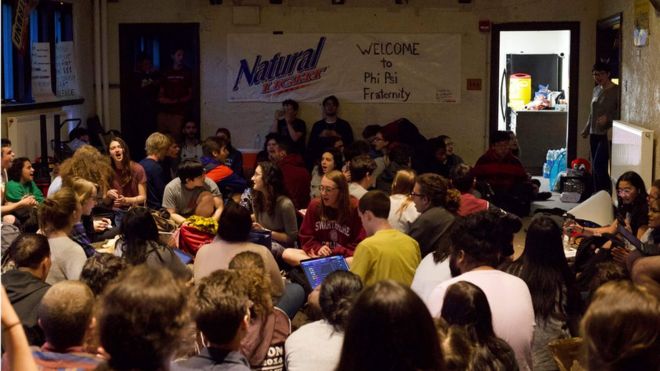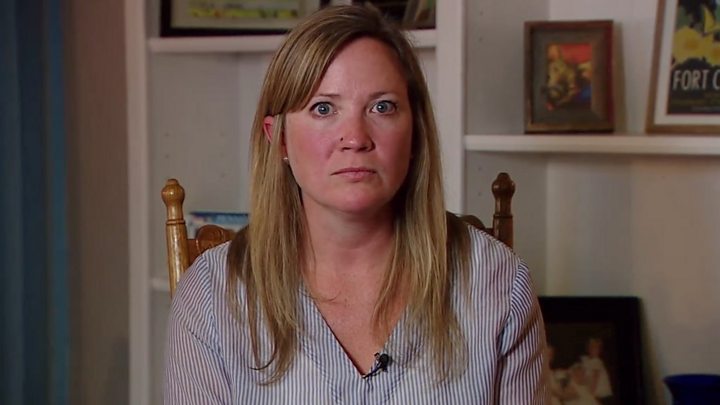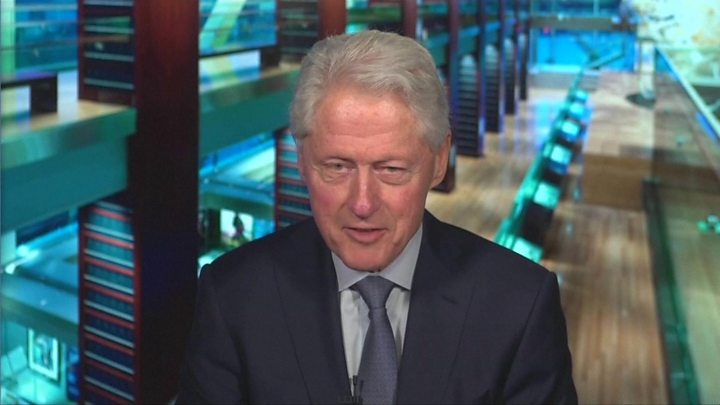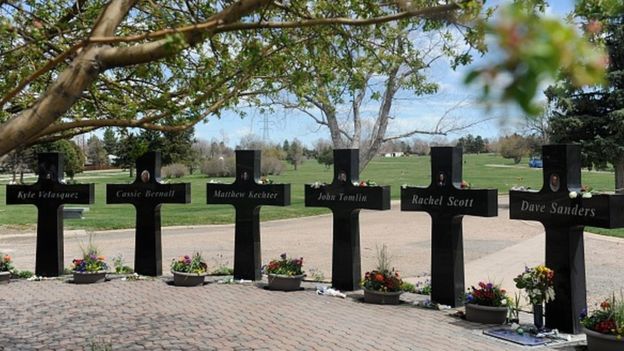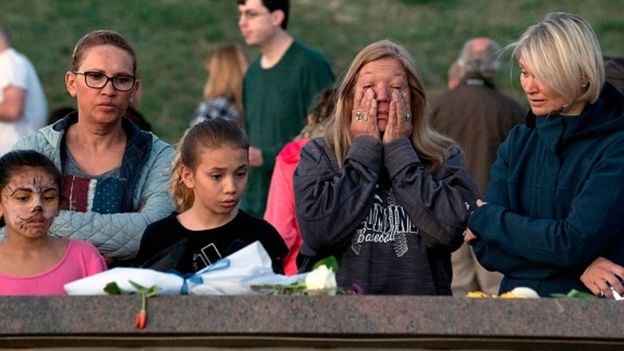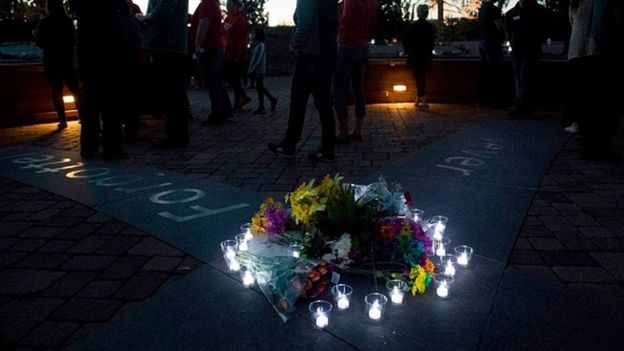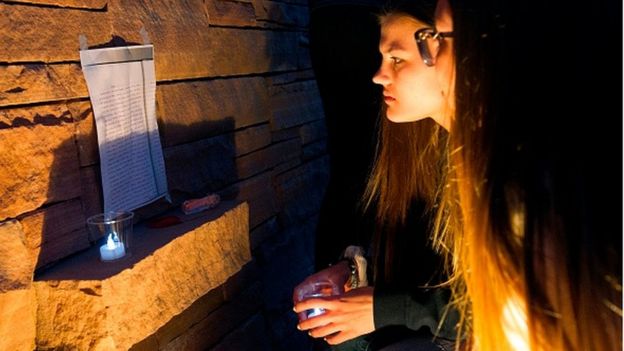How Much Can You Earn Teaching English Online?
By Kary Vannice
Your ability to read, write, and speak in English is one of the most in-demand skills on the internet. More people than ever before are learning to speak English and most of them are doing it online.
If you’d like to get in on the predicted multibillion-dollar growth in the English learning market, now is certainly the time. We are in the midst of a “perfect storm” of opportunity for online English teachers.
Demand for English teachers is at an all-time high. There are more internet users on the planet than ever before. And the COVID-19 global pandemic has forced a massive boom in online learning. So there’s never been a better time to get involved than right now.
Why Teach English Online?
With international travel curtailed by the pandemic, teaching English online is a great way to engage with people all around the globe. Not only that, you can have a positive impact on their lives without leaving the comfort of your own home.
And if the idea of cultural exchanges doesn’t entice you, then maybe the flexibility and freedom will. As an online English teacher, you work entirely from home, often dictating your own schedule, including the hours you work, the days of the week, and even how much or how little you are “on the clock.” But, honestly, it doesn’t really feel like being on the clock.
Online tutoring often feels more like having engaging coffee shop conversations than work.
Depending on how you choose to earn online, you might just be helping non-native speakers refine their existing English skills through everyday conversations, like talking about the weather, their next vacation, or their kids’ school projects.
However, if you like a more structured approach, you can do that too, working for an online school that provides you with all the lesson plans and materials and a reliable, set schedule you can count on.
There are dozens of ways to teach online. All you have to do is select the one that suits you best and fits the lifestyle you’re looking to create.
How Much Can You Earn?
This is a question I get often and it’s not always easy to answer. It all depends on who and how you plan to teach. I know online tutors who charge $90 per hour for their services because they offer instruction in a very specific type of English that students must learn in order to advance their careers. On the other end of the spectrum, there are online schools that pay as little as $7 per hour for general instruction.
As a rule, however, you can earn anywhere from $10 to $40 per hour teaching online. Some schools start you out on a base rate and then offer bonuses if you receive good ratings from your students, so your hourly rate can almost double.
On most of the tutoring sites, you set your own rates. And when you create a profile that speaks not only to your English knowledge, but also your professional know-how, you can target business professionals in your sector and charge higher rates.
With this approach, you offer not just English instruction but also industry knowledge, such as technical vocabulary, business culture, and industry-specific jargon that other “general” English teachers do not have. This is a way to set yourself apart from other tutors and make more money per lesson.
Platforms Where You Can Teach Online
Depending on who you would enjoy teaching most, there are several online platforms to choose from. If you enjoy working with children and want to teach in a more structured online environment, then companies like VIPKid and QKids are excellent places to start.
Don’t fancy teaching kids but still want to work as an employee? Then you might consider companies like Open English or English First. Both of these companies specialize in teaching business English to adult professionals.
Tutor sites draw in students of all ages and ability levels. As a private tutor you get to set your own hours and rates, and even target the specific kind of students you’d enjoy working with most. Two of the top tutor sites are italki and Preply.
Whatever your background, if you’re reading this article, I assure you, you can teach English online. You have a skill that countless people around the world will pay to learn. And with so many different ways to approach teaching online, you can find the perfect fit for you.
Editor’s Note: Speaking English and getting paid is an opportunity open to people of any age—and works not only from right there at home, but pretty much anywhere overseas you might want to travel, live full-time, or stay part of the year. If you have a laptop and an internet connection, you can get involved…and Kary’s hosting an online event to show you how. It’s called The Speak English Online, Get Paid Summit and you’re invited to attend. All you need to do is add your name to this list and we’ll send you all the details plus access to an offer exclusive to those who tune in this Wednesday to hear direct from Kary. Don’t miss out. Sign up—for free and with zero obligation—right here.
Recommended Articles
| A Quick Note From Stunning Chiapas, Mexico“Some people compare San Cristóbal de las Casas to San Miguel de Allende, but I think San Cristóbal is much nicer.” When scouting a new city, ta… Learn more… | |
| In Photos: The Top 5 Beaches in Costa RicaWhen you dream of a vacation (or living) in the tropics, often the first thing you imagine is the coastline. Long sandy stretches of palms swaying … Read the rest on our website… | |
| Three Charming Greek Villages You Really Want to VisitThe phrase “Greek village” often conjures up images of adorable donkeys, olive tree orchards, fields of ripening produce, elderly town locals, and … Full article on our website… |
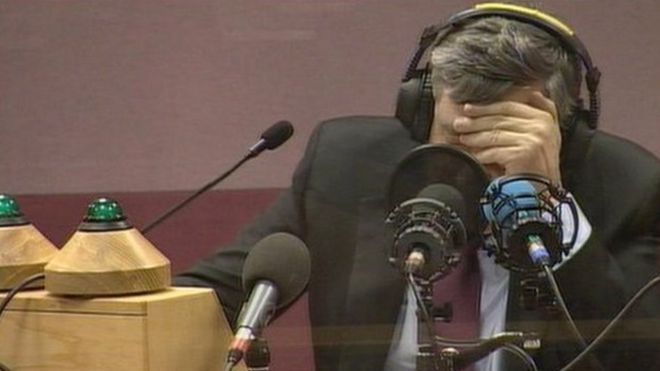

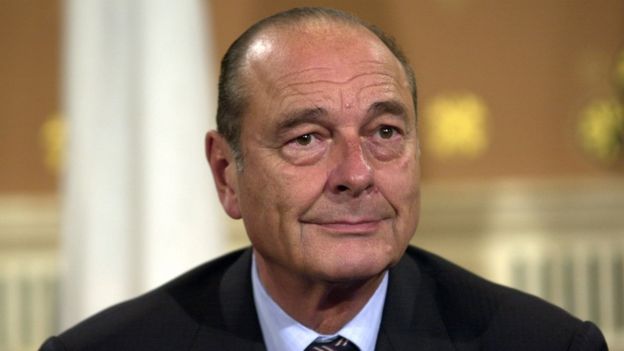

 The Alabama state legislature
The Alabama state legislature
